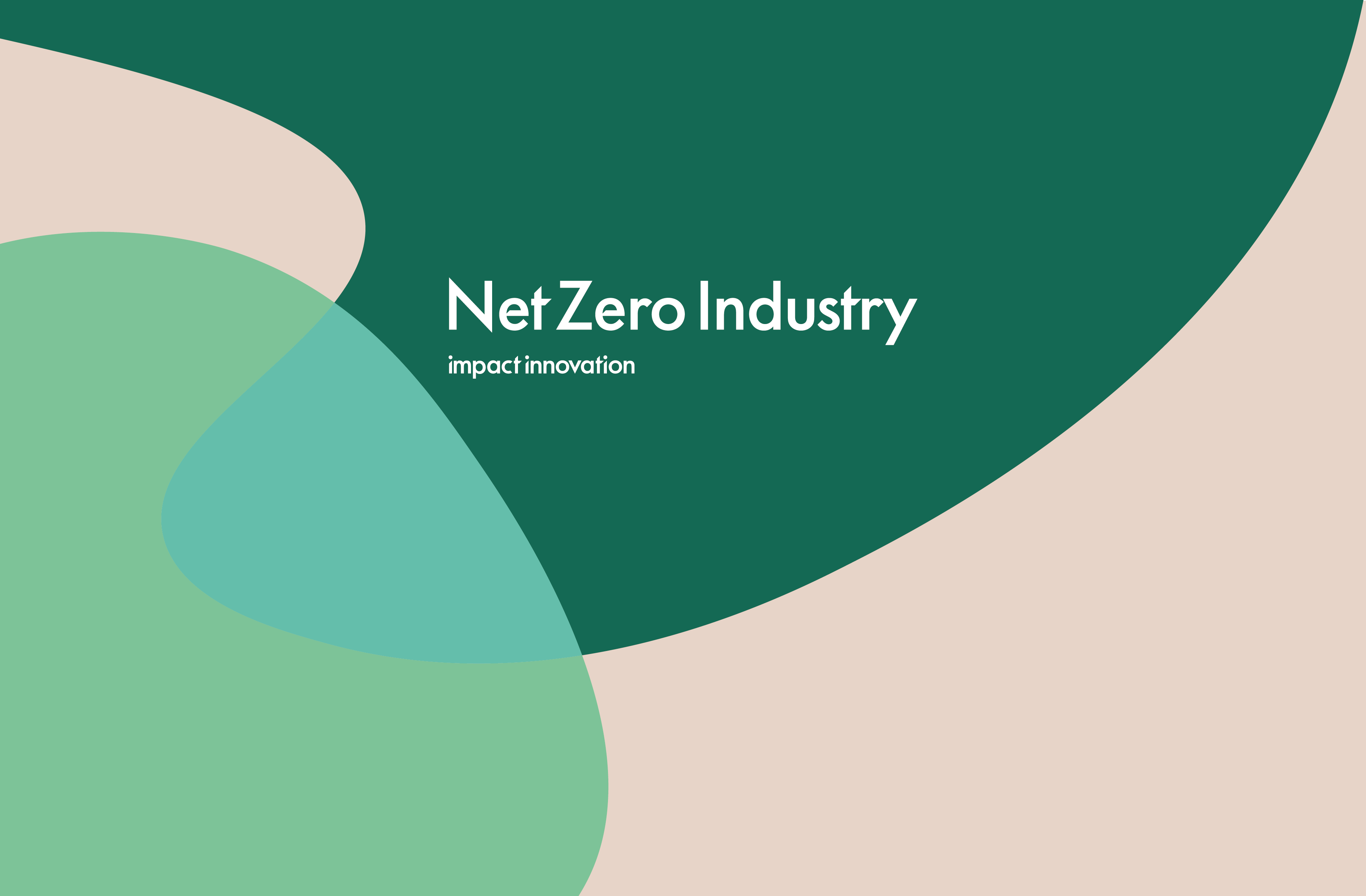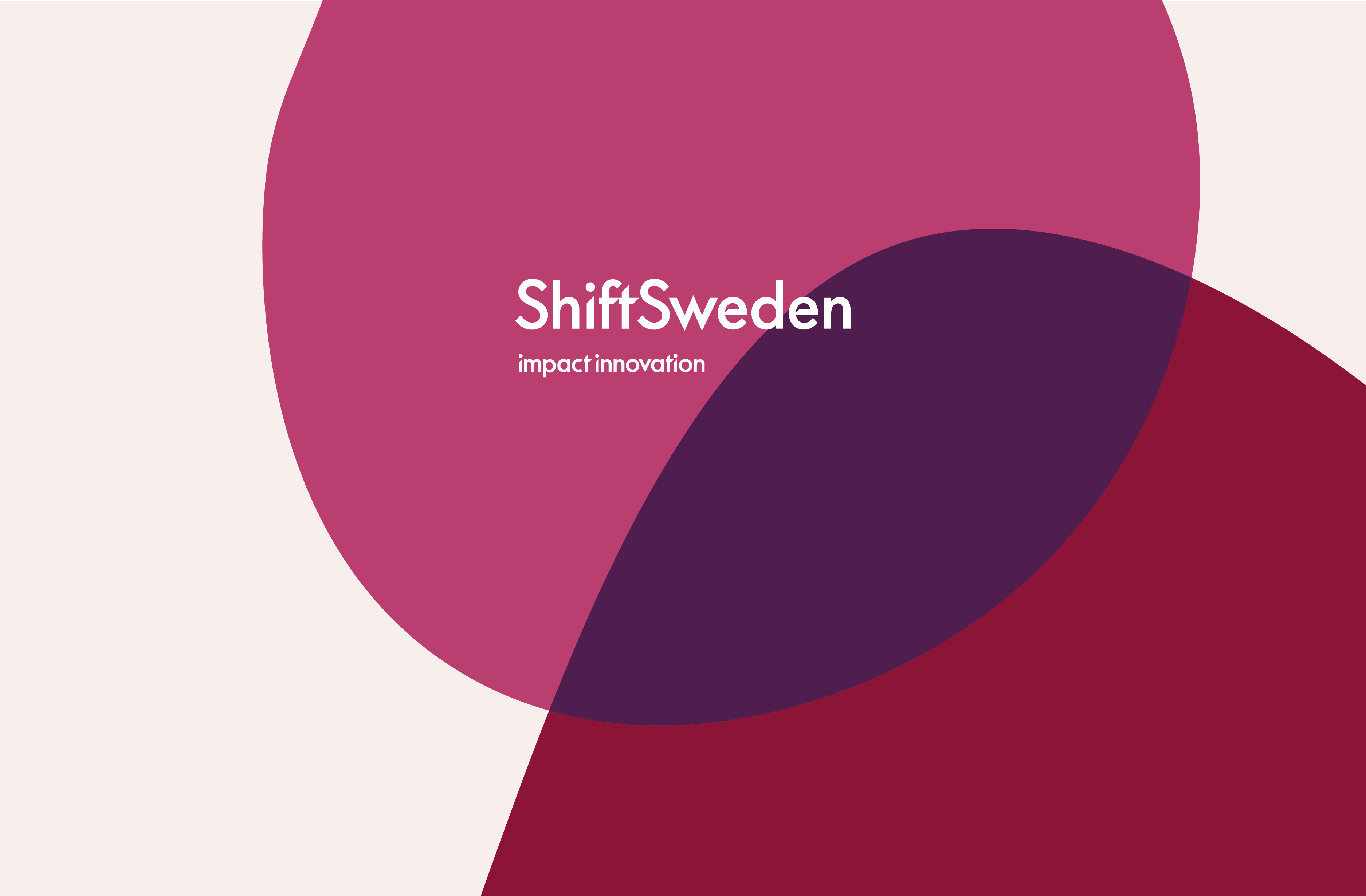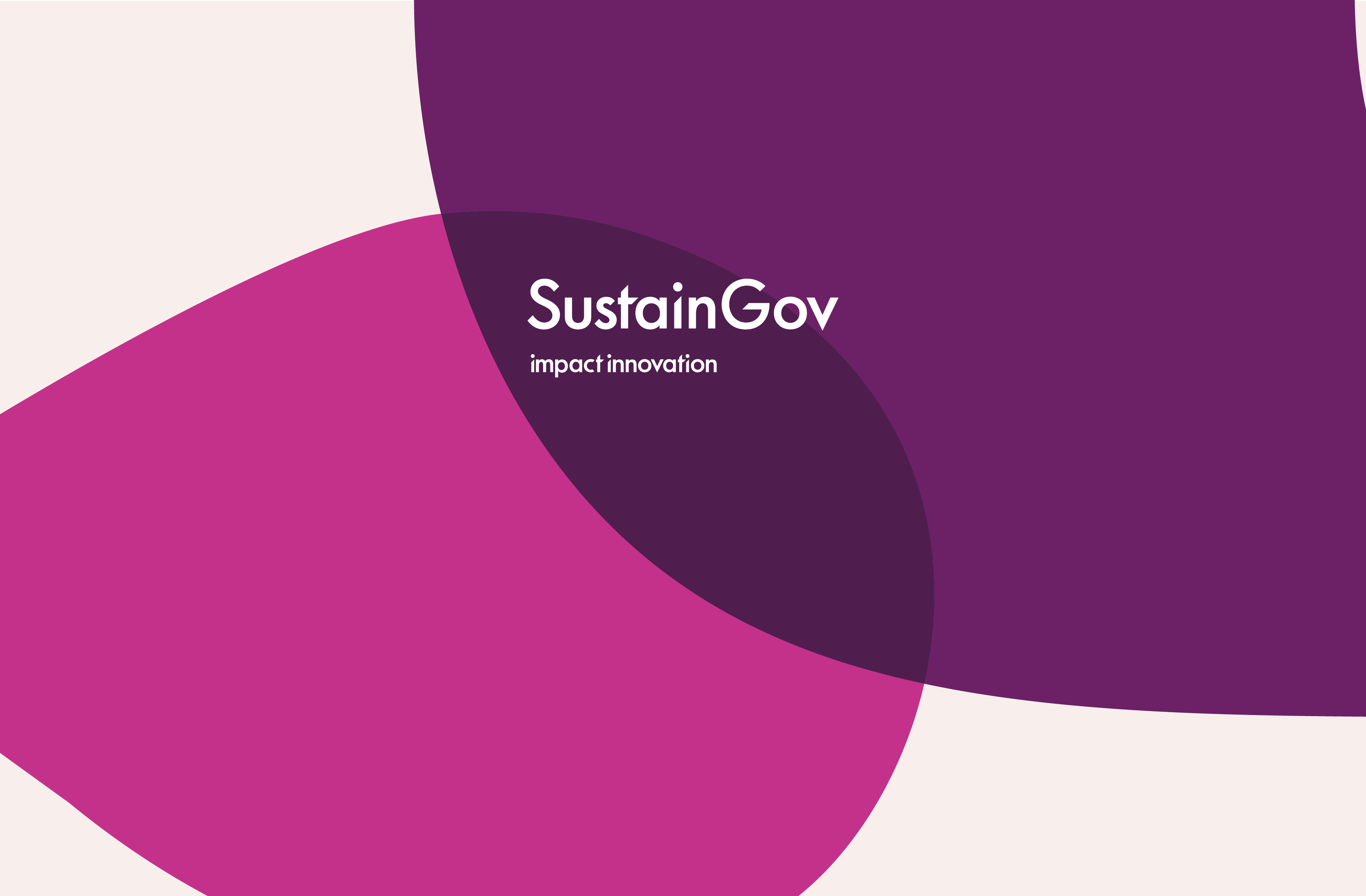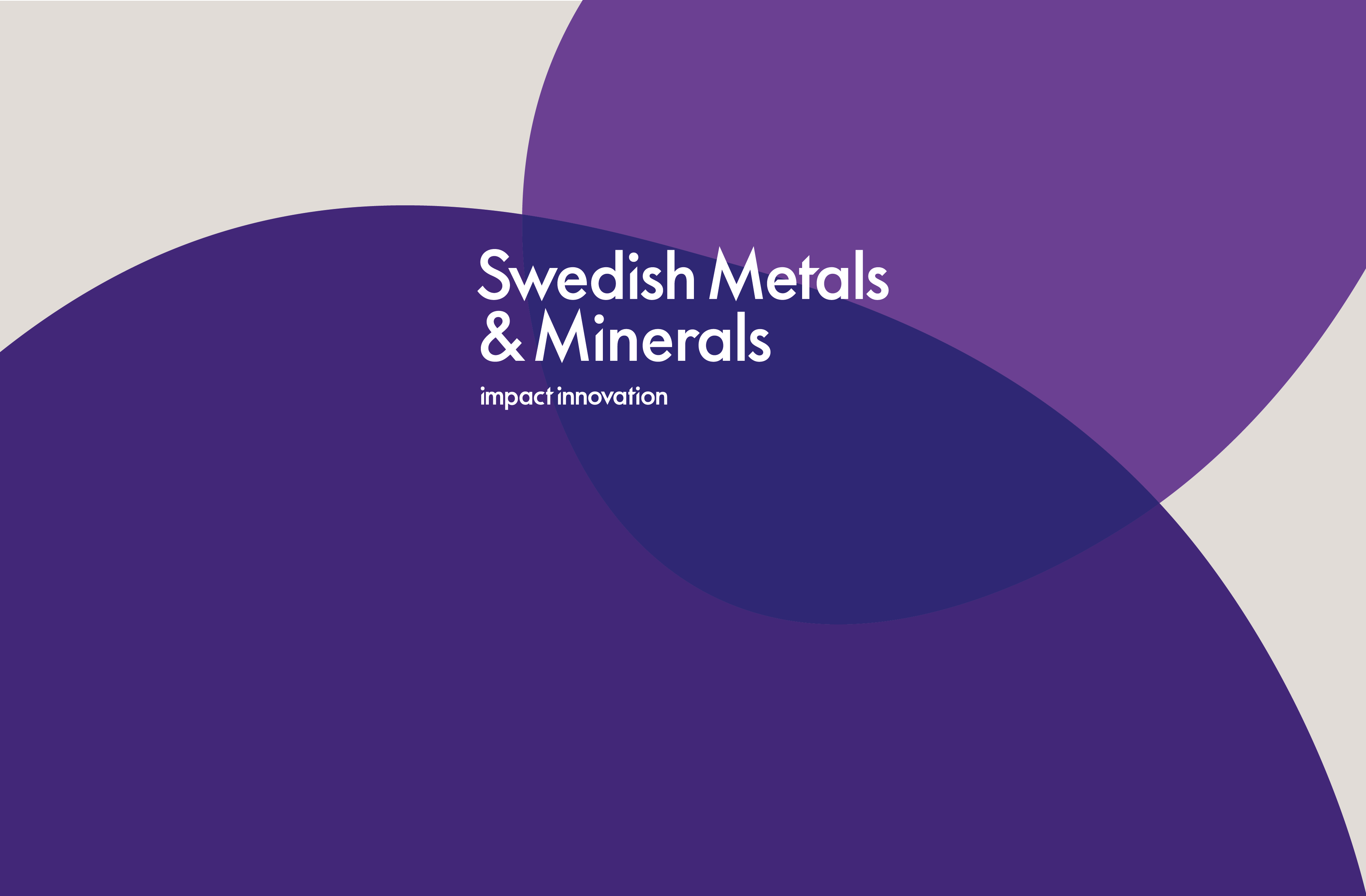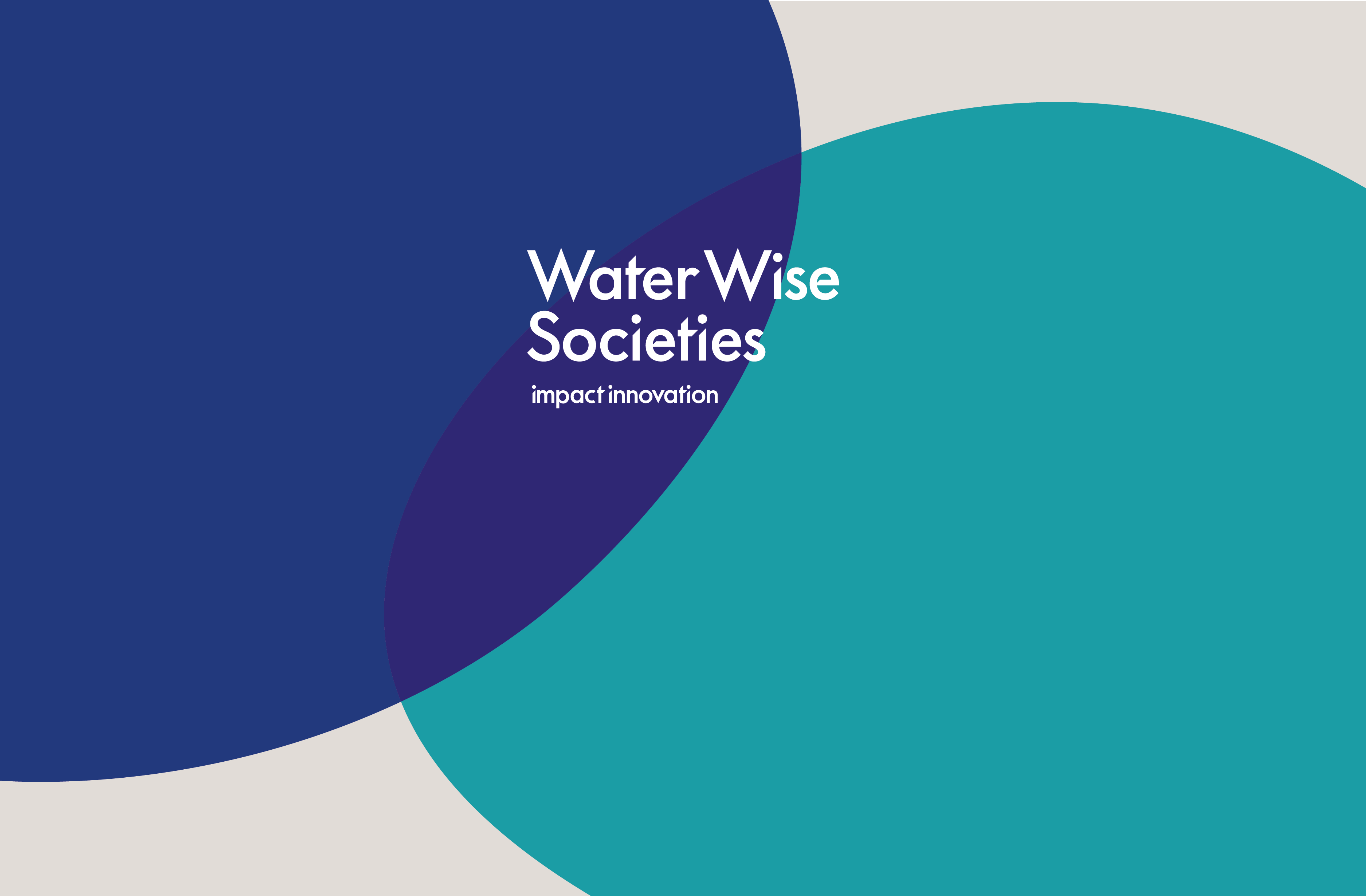Programmes
Five Impact Innovation programs were launched in the spring of 2024. They are now working intensely to initiate groundbreaking solutions leading the way onward, maintaining Sweden’s strength and competitiveness.
The programs’ transition goals, or missions, focus on achieving zero emissions from industry, ensuring a sustainable supply of metals and minerals, managing water resources resiliently, reforming the public sector, and promoting sustainable urban development and mobility.
